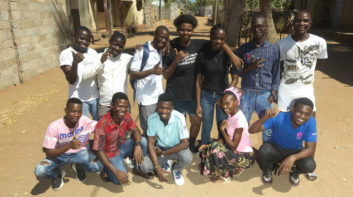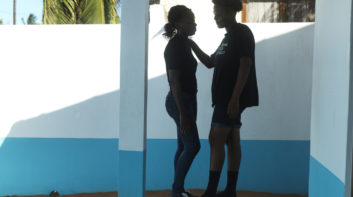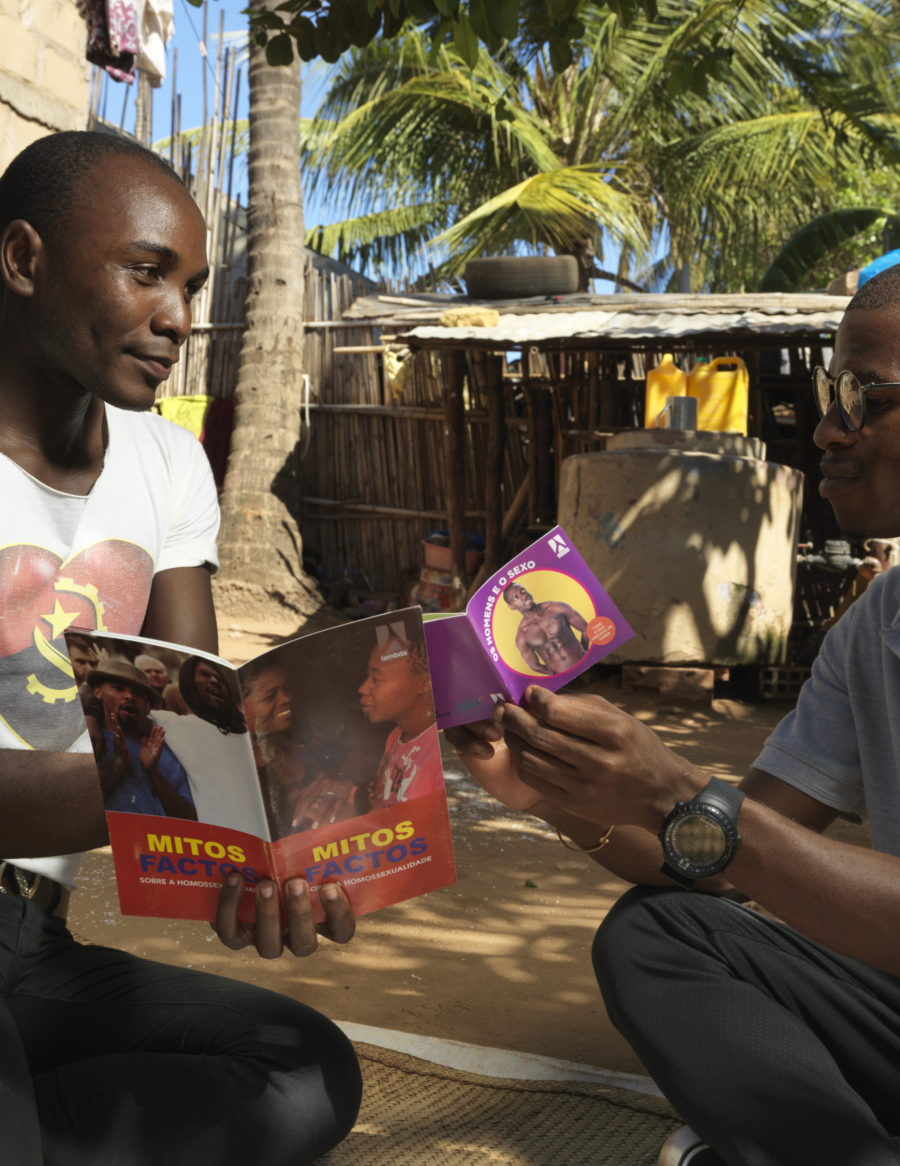
Deep Engagement Mozambique
No-one should be denied healthcare because of their sexual orientation or gender identity.
Deep Engagement Mozambique was a two-year programme that used innovative interventions to increase demand and uptake of HIV services by lesbian, gay, bisexual and transgender (LGBT) people in Mozambique.
WHY WE ran deep engagement mozambique
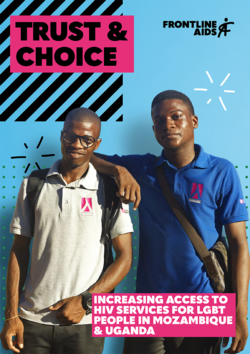
Very little information is available about how LGBT people in Mozambique are affected by HIV and AIDS. In 2007, the law was successfully amended to remove colonial era penalties against LGBT people, but there are no laws protecting them from discrimination.
A survey conducted in 2011 found HIV prevalence rates among men who have sex with men (MSM) of 8.2% in Maputo, 9.1% in Beira and 3.1% in Nampula. However, MSM who were 35 years old and above, had increased prevalence rates of 33.8%, 32.1% and 10.3%.
LGBT communities have been left behind by the national AIDS response; stigma and discrimination permeate the wider society and traditional norms and laws. As a result, LGBT people often hide their sexuality to avoid facing discrimination and violence. This hostile environment discourages LGBT people from getting tested for HIV and STIs and accessing healthcare services.
WHERE WE DID IT
This Deep Engagement programme took place in Mozambique. The project included seven intervention areas: four in the southern part of the country (Maputo city and its periphery, and the cities Matola and Maniça) and three in the northern part of the country (Nampula city, Pemba and Montepuez).
We also ran another Deep Engagement programme in Uganda.
HOW WE DID IT
The project took place in the capital city, Maputo, and in three other provinces. It initially aimed to reach 8,500 people with HIV and wider sexual and reproductive health (SRH) services. It also aimed to support HIV-negative LGBT people in staying negative and supporting HIV-positive LGBT people in accessing testing, treatment and care services.
Alongside delivering these services, the project advocated for government accountability in delivering quality health services to LGBT people. It also focused on building the capacity of health facilities and local community-based organisations to provide effective, stigma-free health services.
Importantly, the project designed and implemented three community-based strategies in order to bring HIV prevention, testing and treatment services to the communities. The three strategies were:
- Provision of community based rapid HIV testing by trained LGBT HIV testing counsellors
- Safe spaces for the socialisation and empowerment of Mozambican LGBT communities
- Provision of outreach clinical services via mobile clinics in locations regularly visited by LGBT people
OUR RESULTS
The Deep Engagement programme in Mozambique supported:
- 20,099 LGBT people to access individualised packages of HIV & STI prevention and treatment services.
- 15,780 LGBT people to access HIV testing
- 580 LGBT people with a positive HIV diagnosis to access treatment
- 60 LGBT representatives to engage in decision making
This programme ran from 2017–2019 and was funded by EJAF, and comprised of consortium members including Frontline AIDS (Consortium Lead), AMODEFA (Associação Moçambicana Para o Desenvolvimento da Familia), LAMBDA (Mozambican Association for Sexual Minorities), and Health GAP.
STORIES FROM PROGRAMME PARTICIPANTS
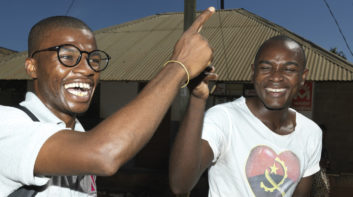
From childhood, Tauria Tauach Rijal from Mozambique faced hostility and social...
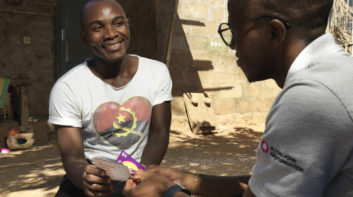
In Mozambique, our two-year Deep Engagement programme has changed lives with...
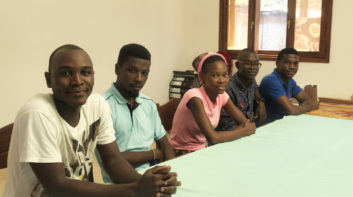
Nuro Amanula, a 22-year-old peer supporter from Mozambique, on why he is...
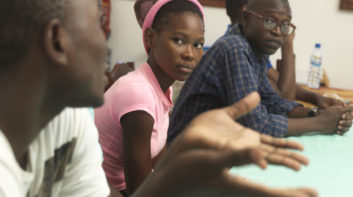
Suna has embraced her identity as a lesbian with support from our Deep...
Will you help us end aids?
I would like to make a donation of:
Please enter the amount you would like to donate, ie: '10.00'

